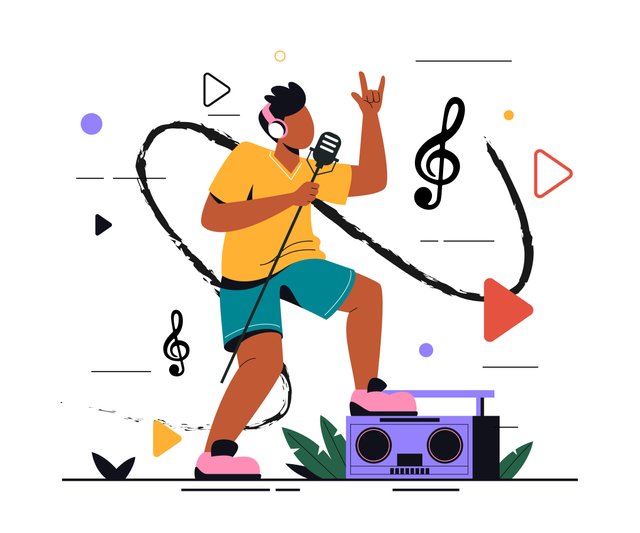
In the world of digital innovation, a new trend has emerged that is revolutionizing the music industry: Music NFTs. Non-fungible tokens, or NFTs, have gained significant attention in recent years, and their impact has extended beyond the art world into the realm of music. In this article, we will explore the rise of Music NFTs and how they are hitting all the right notes for artists, collectors, and fans alike.
What are Music NFTs?
Music NFTs are unique digital assets that represent ownership or rights to a specific piece of music. NFTs are built on blockchain technology, which ensures their authenticity, scarcity, and ownership history. Unlike traditional music files or streaming platforms, Music NFTs provide a new way for artists to monetize their work and for fans to own a piece of their favorite songs.
Empowering Artists with Creative Freedom
One of the key advantages of Music NFTs is the empowerment they offer to artists. Traditionally, artists have faced challenges in earning a fair income from their music due to intermediaries and complex royalty systems. With Music NFTs, artists can directly sell their music to fans, cutting out middlemen and retaining greater control over their creative work. This newfound creative freedom allows artists to experiment with their sound and connect directly with their audience.
Creating Unique Experiences for Fans
Music NFTs go beyond traditional music consumption by creating unique experiences for fans. Owning a Music NFT means owning a digital collectible that holds sentimental value. Some Music NFTs come with exclusive perks, such as backstage passes, meet-and-greets, or even the opportunity to collaborate with the artist. These immersive experiences enhance the fan's connection to the music and provide a level of engagement that was previously unimaginable.
Unlocking New Revenue Streams
For musicians, the ability to tap into new revenue streams is crucial for sustaining their careers. Music NFTs have the potential to unlock previously untapped revenue sources. With each Music NFT sale, artists can earn a percentage of the resale value, allowing them to benefit from the appreciation of their work over time. Additionally, artists can create limited editions or special releases, attracting collectors who are willing to pay a premium for exclusive content.
Democratizing the Music Industry
The music industry has long been criticized for its lack of transparency and accessibility. Music NFTs have the potential to democratize the industry by providing equal opportunities for artists to showcase their talent and gain recognition. By leveraging the power of blockchain technology, Music NFTs allow artists from all backgrounds to reach a global audience without the need for major record labels or extensive marketing budgets.
The Future of Music NFTs
As the popularity of Music NFTs continues to grow, the future looks promising. Artists are finding innovative ways to leverage this technology, and platforms dedicated to Music NFTs are emerging. These platforms provide a Best NFT marketplace for artists to connect with fans and collectors, facilitating the buying, selling, and trading of Music NFTs. With increasing mainstream adoption, Music NFTs have the potential to reshape the music industry and establish a new paradigm for artistic expression and ownership.
Conclusion
Music NFTs are revolutionizing the music industry, empowering artists, creating unique experiences for fans, and unlocking new revenue streams. By leveraging blockchain technology, these digital assets provide a decentralized and transparent platform for artists to showcase their talent and connect directly with their audience. While challenges exist, the future of Music NFTs looks promising, offering a new sound of success for the music industry as a whole. So, get ready to immerse yourself in this digital revolution and witness the transformative power of Music NFTs.